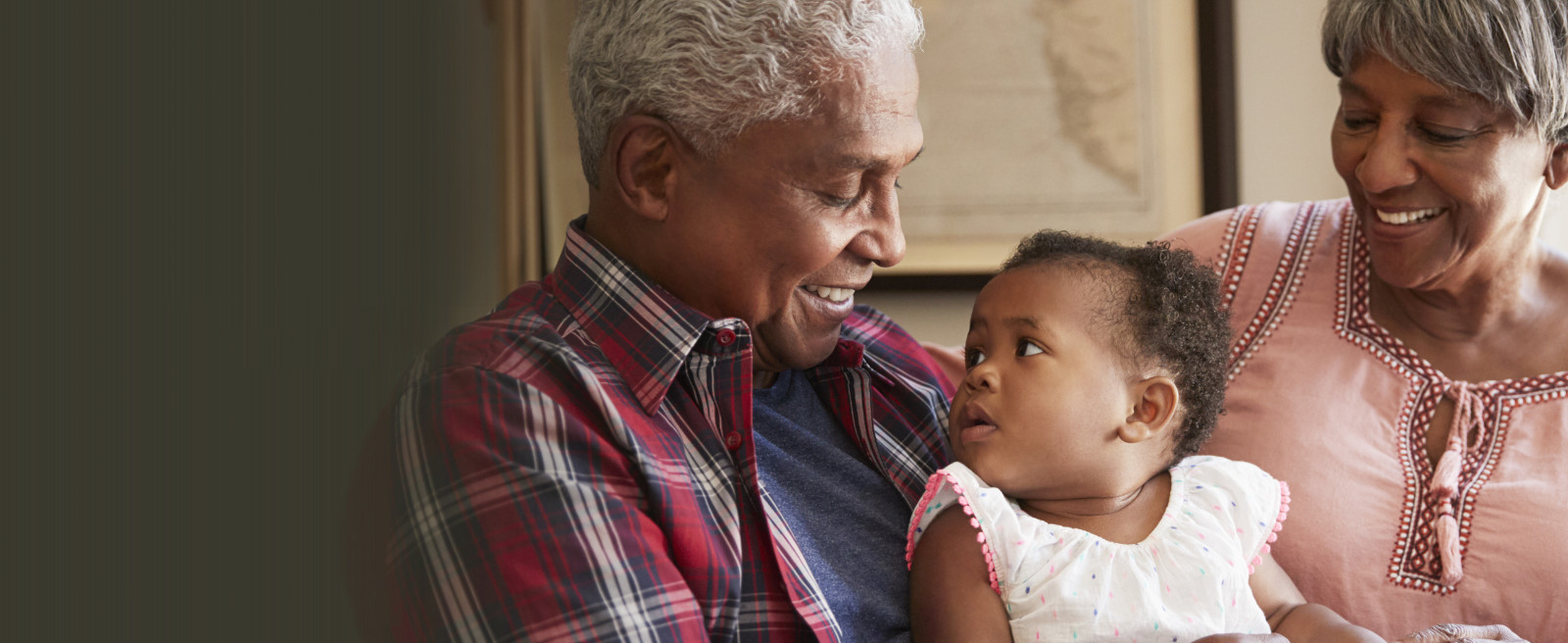For the Caregiver: Self-Care and Mindfulness

By Cindy Maria Bautista-Thomas, PhD, LCSW
Caring for a loved one living with Alzheimer’s can be filled with so many mixed emotions. Let’s normalize the challenges that come with caregiving. Some days it’s a blessing and full of joyful moments. Other days, caregiving is filled with heartache and many disappointments. Caregivers give unconditionally, and sometimes they give from an empty cup.
My mother was diagnosed with Alzheimer’s in 2016. I lived with her, and her Alzheimer’s symptoms increased steadily. My family and I could not care for her. A few months before the global pandemic, my mother was approved for the Nursing Home Transition and Diversion (NHTD) 1915(c) Medicaid waiver program, which provided 24-hour home health aide support. It was devastating and overwhelming to manage all her needs and my life at the same time. I had a full-time job, I was a PhD student, an entrepreneur, a mother of two teenagers, and a wife. At some point, I was giving from an empty cup and experienced burn out.
You can’t give from an empty cup. As caregivers we often provide support from a place of exhaustion and overwhelm. Running on fumes and not caring for oneself should not be worn like a badge of honor. Giving from an empty cup is a harmful act against oneself, as you are giving from a place of deficit. It can cause resentment and burnout. Our physical, mental, and psychological health can decline, resulting in illness. If you are not in good health, how can you possibly provide the optimal level of care for your loved one? You can’t. It’s not sustainable. You will eventually crash and burn.
So, what do we do to avoid the crash? We practice self-care.
Self-care are activities that you engage in on a regular basis that promote wellness and enhance your body, mind, and soul. Practiced over time, self-care activities can help support your bounce back muscle and help you manage obstacles in a healthier way. Engaging in self-care will help you give from a place of overflow. When you operate in overflow, you are thriving and can share your gifts, talents, and abilities with the world in a more profound way.
In 2021, my mother died of COVID-19. While losing her was heartbreaking, I attribute my resiliency to consistent self-care and mindfulness practices. As I grow through the grief daily, I am also able to experience joy and connection.
Below are self-care tips that will help support your mind, body, and spirit wellness as a caregiver.
Practice Mindfulness. Mindfulness is a form of self-care that is for everyone. It’s when you become aware of your thoughts, feelings, actions, surroundings, and bodily sensations in the absence of judgment. Mindfulness helps to settle your brain and has been associated with a reduction in pain, anxiety, and stress. Choose a mindful activity that you can do every day—meditation, journaling, walking, yoga, and breathing exercises are all examples. Even starting with two minutes a day or practicing it while doing something else (i.e., meditate while taking a shower), goes a long way!
Treat Attention Like Money—Be Careful How Much You Pay. Paying attention to things that are calming, soothing or joyful enhances those areas and promotes positive feelings. The reverse is also true; spending too much attention obsessing about stressors can cause anxiety and other mental health challenges. Don’t ignore challenges but spending all your attention dwelling on them without making time for enjoyable things is detrimental.
Celebrate the Wins. Make time regularly (i.e., daily, weekly, etc.) to celebrate the wins or progress you experience, regardless of whether it’s related to caregiving, whether big or small.
Seek Support. Seeking support is a form of community self-care. Sometimes we don’t ask for support because we think people will say no. Don’t make choices for other people. Make a list of the things you need support with and then make a list of close family and friends. They may be able to take some things off your to-do list or even take care of your loved one while you engage in something fun and restful. Asking for help is vulnerable and empowering as it will make room for those things that will help you thrive and be a better person and caregiver!
What if you took care of yourself the same way you took care of your loved one? As you consider all the ways that you provide care to your loved one, think about how much more present and connected you would be if you prioritized you!
ABOUT THE AUTHOR
Cindy Maria Bautista-Thomas, PhD, LCSW, is the cofounder of Velocity Visions, Inc. and a former Alzheimer’s family caregiver.
This article originally appeared in Alzheimer’s TODAY, Volume 17, Number 2, published by the Alzheimer’s Foundation of America. View the entire issue by clicking here.


